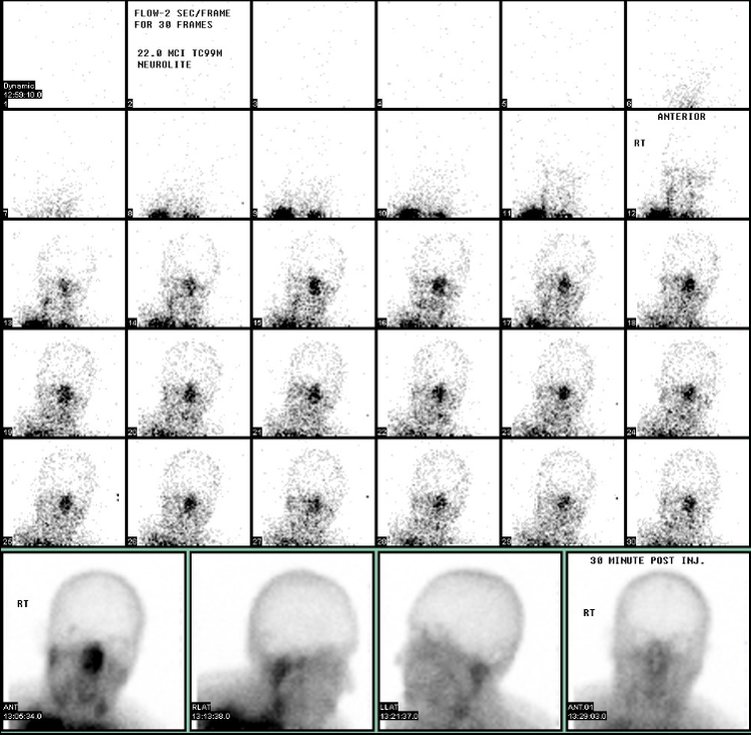|
Transplant Coordinator
Transplant coordinator is a healthcare professional – doctor, nurse, or allied health science graduate – who coordinates activities related to organ donation and transplantation. Transplant coordinators can either be Donor Coordinators or Recipient Coordinators. Role in donation Deceased organ donation and transplantation involves close networking of medical, paramedical and non-medical personnel. Transplant coordinators are at the centre of this network. Transplant Coordinators working with donors can also be known as procurement transplant coordinators, donor coordinators, or just procurement coordinators. Donor coordinators are called when a potential organ donor meets criteria for donating organs (for example, severe neurological injury with lack of brain stem reflexes or brain death). The coordinator will complete an on site review of the donors medical records and begin the process of placing organs with recipients if the donor is a candidate. The donor coordinator ... [...More Info...] [...Related Items...] OR: [Wikipedia] [Google] [Baidu] |
Organ Donation
Organ donation is the process when a person allows an organ of their own to be removed and transplanted to another person, legally, either by consent while the donor is alive or dead with the assent of the next of kin. Donation may be for research or, more commonly, healthy transplantable organs and tissues may be donated to be transplanted into another person. Common transplantations include kidneys, heart, liver, pancreas, intestines, lungs, bones, bone marrow, skin, and corneas. Some organs and tissues can be donated by living donors, such as a kidney or part of the liver, part of the pancreas, part of the lungs or part of the intestines, but most donations occur after the donor has died. In 2019, Spain had the highest donor rate in the world at 46.91 per million people, followed by the US (36.88 per million), Croatia (34.63 per million), Portugal (33.8 per million), and France (33.25 per million). As of February 2, 2019, there were 120,000 people waiting for life-savin ... [...More Info...] [...Related Items...] OR: [Wikipedia] [Google] [Baidu] |
Organ Transplantation
Organ transplantation is a medical procedure in which an organ (anatomy), organ is removed from one body and placed in the body of a recipient, to replace a damaged or missing organ. The donor and recipient may be at the same location, or organs may be transported from a Organ donation, donor site to another location. Organ (anatomy), Organs and/or Tissue (biology), tissues that are transplanted within the same person's body are called autografts. Transplants that are recently performed between two subjects of the same species are called allografts. Allografts can either be from a living or cadaveric source. Organs that have been successfully transplanted include the Heart transplantation, heart, Kidney transplantation, kidneys, Liver transplantation, liver, Lung transplantation, lungs, Pancreas transplantation, pancreas, Intestinal transplant, intestine, Thymus transplantation, thymus and uterus transplantation, uterus. Tissues include Bone grafting, bones, tendons (both referr ... [...More Info...] [...Related Items...] OR: [Wikipedia] [Google] [Baidu] |
Brain Death
Brain death is the permanent, irreversible, and complete loss of brain function which may include cessation of involuntary activity necessary to sustain life. It differs from persistent vegetative state, in which the person is alive and some autonomic functions remain. It is also distinct from comas as long as some brain and bodily activity and function remain, and it is also not the same as the condition locked-in syndrome. A differential diagnosis can medically distinguish these differing conditions. Brain death is used as an indicator of legal death in many jurisdictions, but it is defined inconsistently and often confused by the public. Various parts of the brain may keep functioning when others do not anymore, and the term "brain death" has been used to refer to various combinations. For example, although one major medical dictionary considers "brain death" to be synonymous with "cerebral death" (death of the cerebrum), the US National Library of Medicine Medical Subject ... [...More Info...] [...Related Items...] OR: [Wikipedia] [Google] [Baidu] |
MOHAN Foundation
MOHAN Foundation is a not-for-profit, registered non-government charity organisation in India that works in the field of deceased organ donation and transplantation. MOHAN is an acronym for Multi Organ Harvesting Aid Network. It has offices in Chennai, Hyderabad, Bengaluru, Delhi, Mumbai, Chandigarh, Nagpur, Jaipur and information centers at Kerala and Imphal. History MOHAN Foundation was first conceived in 1996 and was started in 1997 in Chennai, It was founded by urologist and transplant surgeon Sunil Shroff. It has its headquarters in Chennai, Tamil Nadu, India. Promoting organ donation In 1994, the Indian parliament passed the Transplantation of Human Organ Act that accepted brain death for organ donation and made organ commerce a punishable offense. For the first time in India it was possible for the deceased to donate their organs and tissues provided the family consented to organ donation. India follows informed consent, unlike Spain and some of the other European co ... [...More Info...] [...Related Items...] OR: [Wikipedia] [Google] [Baidu] |
Organ Donation
Organ donation is the process when a person allows an organ of their own to be removed and transplanted to another person, legally, either by consent while the donor is alive or dead with the assent of the next of kin. Donation may be for research or, more commonly, healthy transplantable organs and tissues may be donated to be transplanted into another person. Common transplantations include kidneys, heart, liver, pancreas, intestines, lungs, bones, bone marrow, skin, and corneas. Some organs and tissues can be donated by living donors, such as a kidney or part of the liver, part of the pancreas, part of the lungs or part of the intestines, but most donations occur after the donor has died. In 2019, Spain had the highest donor rate in the world at 46.91 per million people, followed by the US (36.88 per million), Croatia (34.63 per million), Portugal (33.8 per million), and France (33.25 per million). As of February 2, 2019, there were 120,000 people waiting for life-savin ... [...More Info...] [...Related Items...] OR: [Wikipedia] [Google] [Baidu] |



